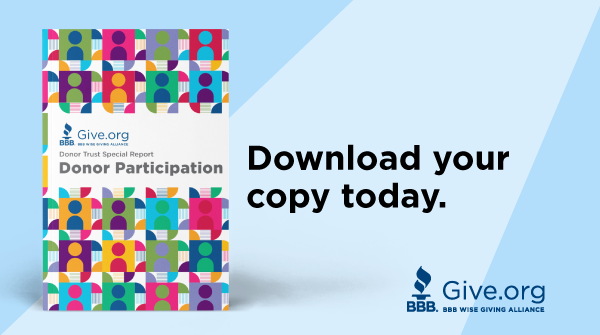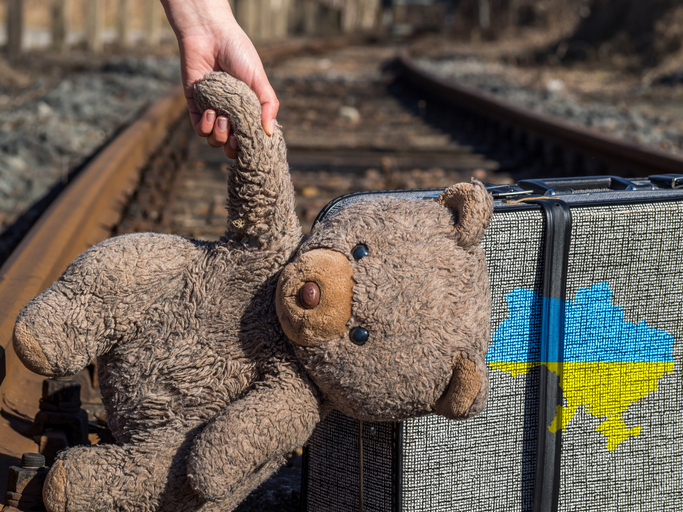Ukraine Housing Crisis
BBB Wise Giving Alliance is pleased to release the third entry in a series of posts by Kateryna (Katya) Zhuk. Katya heads a Ukraine charity monitoring organization, Charity Tuner. This organization, along with BBB Wise Giving Alliance, is a member of an association of standards-based charity monitors from around the world.
The first two entries described the trauma and mental health struggles of Ukrainians and their children who fled to other countries or were internally displaced in Ukraine. In this latest entry, Katya describes how the war has led to a housing crisis and what the government and nonprofits are doing to help address this growing concern.
Home Sweet Home
By Kateryna Zhuk
My home is my castle, as the saying goes, it is a place of relaxation, favorite things, and having your own bed. While choosing it, we consider our style, family composition (or prospects), work, and friends.
As of April 9, 2023, the Ukraine Register of Damaged and Destroyed Property includes data on 27,502 buildings, 8,294 premises, and 366 facilities. The largest incidence was in Kyiv (24.4%) and de-occupied parts of the Donetsk (18.2%) and Luhansk (11.7%) regions. According to preliminary data provided by the military administrations, as of February 24, 2023, the total number of destroyed or damaged housing is about 153,860 buildings, of which 136,000 are private (individual) houses; 17,500 are high-rise buildings; and 0.3 thousand are dormitories.
Currently, the housing problem is being solved in several ways.
- Providing temporary places to live,
- Reconstructing partially destroyed facilities (such as high-rise buildings),
- Building new housing (both on the site of the destroyed, and on new allocated areas).
Temporary accommodation can be seen in numerous eyewitness videos. It is a trailer park-style row of shed-sized mobile homes hosting entire families on bunk beds. Certainly, these sheds provide emergency shelter—a welcome alternative to dying on a street. But they are meant to be temporary transition homes — much like emergency vehicles transporting you to the hospital. Unfortunately for most Ukrainians, their emergency vehicle is getting stuck in traffic.
Today most families from Bucha and Irpen, whose houses and apartments were shelled in the spring 2022, huddle in such cabins and hostels. Warm summer is probably manageable, but what can these families expect in the fall with no heating and kids back from their summer break? “Where should we go? Should we live as a family in a hostel with a shared shower or a shed? Displaced Ukrainians have many children. It is not just difficult for parents, but it is incredibly hard for children. “What about schooling, development, and at least a little free space?” This is what families living in a 50-100 km zone away from the frontline say, “Of course, we are scared…Though it may be impossible to live at all where we might be going!”
Efforts to Find Solutions at the State Level
The United24 project (under the President of Ukraine Volodymyr Zelensky’s patronage) was launched in March 2022. This website provides a platform to make donations to various Ukraine projects. In May 2022, the Rebuild Ukraine effort was initiated as one of the objectives of these projects. Both Ukrainian and Western celebrities helped raise millions of dollars for the construction of permanent housing for war victims.
Several Ukrainian government agencies were launched or restarted to accumulate information on the housing destruction. Due to the support of international donors, a special platform was set up to display all houses, apartments, institutions, costs, etc. As a result, one can identify the processes, reports, documents, and transactions. It all takes time. However, the attacks continue, the country is at war, people are moving, and statistics on registered internally displaced people are available only at local military administrations. The centralized collection of information and planning for construction at such a scale is unfavorable.
While all the bureaucratic processes are going on, the central authorities are focused on temporary solutions. Therefore, local nonprofit organizations began to unite and create their own platforms and/or assemble lists in their municipalities. Information about Ukrainian people in need is shared with potential donors. For example, the Housing project collects information on several territorial communities such as Ivanovo, Kramatorsk, and Kryvyi Rih territorial communities. In this way they do their best to help people searching for donors. Housing for displaced persons in other communities is also addressed in this way.
All this activity is covered by grant financing on different levels. Due to the incredible number of internally displaced people (IDP), decisions need to be made quickly.
Rent
“Big families with many children are returning to their homes”, says the head of the Ukraine’s Foundation for the Future, Sergii Kukhtin, “those who fled from the shelling in the Kharkiv region on their own, rented apartments at least in the city of Dnipro. They simply ran out of money not only for renting but feeding their kids. There was no work. Anyway, shellings [were less frequent] than at home. They have no way out.”
Immediately after the full scale invasion the unemployment rate was 25.8 % and, at the second half of the year, 21.1%. Officially, only about one fifth of legally capable people are looking for a job. However, many more are not registered. .
Since the first months of the war, Sergii moved from Kyiv to Kharkov and started fundraising to evacuate families with children. He sought to rent them housing suitable for both the family and children’s development. Unfortunately, due to the size of payouts for IDPs, many are not able to cover their expenses for food, rent, medicines, clothes, and other needs. “People come back with debts and loans, neighbors see this and eventually prefer to live with their children and all their belongings in the basement for months. Social services often do not reach remote areas, gray areas, or areas 15-20 km away from the front. And without coordination with them, it is difficult to persuade parents, give them guarantees that the child will be taken away and settled, and everything will be fine.”
Sergey describes the approximate amounts as follows. A family of 12 people found a house for free. Utilities are paid for by our Foundation at around 6,000 UAH (Ukrainian dollars) per month. Rent for apartments in Kharkiv for families with 1-2 children is about 5.5 thousand UAH per month. This is not counting the costs of gasoline and other related expenses. Sergey has already taken dozens of people out and continues to help them.
The photo at the beginning of this post, shows the basement of a house in Lyman, Ukraine, where families live. Currently, it is shared by a mother, grandmother, and granddaughter and all their belongings.
SOS Children’s Villages Ukraine conducted a survey among the IDP’s families about their well-being and problems. 36% of respondents said that housing is a priority issue.
“The… urgent need is housing for foster and big families. The national challenge is to create conditions for families with children to return to Ukraine”, states Darya Kasyanova , National Program Development Director of SOS Children’s Villages Ukraine.
Construction
I spoke to Kit Oliynyk, a UX designer from a family of architects, who moved to the United States from Ukraine a long time ago. Since April 2022, Kit has been doing what he knew best. He gathered like-minded people and together worked on figuring out how to solve the housing problem more effectively for IDPs and those who lost their homes.
“There are different systems for a temporary solution, the so-called prefabricated or modular houses. [Although] they [are low cost], the challenge is that people must live there in winter while most of these constructions don’t have insulated walls… Houses printed on a 3D printer have thin plastic walls that are fragile and are easily fractured. It is impossible to drive in a nail and they do not hold heat. Most importantly, all these solutions are temporary. One or two people can live there (comfortably – author’s note) while a family needs much more space which is not really enough and doesn’t leave people with much dignity. Expanding homes by connecting multiple modules is next to impossible due to unsustainable engineering and frankly makes little sense. $20,000 U.S. dollars for a single module sounds cheap, but with three modules the price goes up to $60,000 U.S. dollars. This is comparable to the traditional single-family house construction costs in Ukraine. You can already build a good, high-quality house at this rice, right? When coming to the donors and explaining the calculation, the donors get surprised and ask why refugees should have a great house. It is considered by default that a person whose house was bombed is simply obliged to be satisfied with something incomprehensible. However, the house is not about humiliation of one’s own dignity, it’s just for the sake of returning a person a little to a stable state, calming down, and giving faith in the future.”
In addition, decent living conditions should include accommodations for remote work or study and a space to rest, as well as a certain infrastructure like a park, a school, a kindergarten, the availability of getting on public transport, and the potential opportunity to find a job. All this directly depends on the municipalities.
Housing construction is arduous. You can’t just come, stand among the destroyed buildings, choose one of them and say, “here we are going to build a new one”. Several parties must necessarily take part in the process. For example, the Foundation itself, which is ready to accumulate funds, local authorities of different levels, utility service providers, and other various services. Donors from other countries fear corruption, though, as in any charitable project, the issue can be addressed by multilateral oversight from donors, recipients, people involved in the project and public reporting.
Unite for Salvation
“We fundraised money for one of the families to buy a new house (about 40,000 Euros). It is a family of 10 children, six out of ten are adopted. There was no question of any temporary accommodation. Living in a hostel in several rooms is also a temporary measure. A family from Eastern Ukraine lost absolutely everything since the war began. A long-term solution was needed”, says Lena Demme, the E+ Initiative co-worker. The E+ initiative is an organization that has been helping displaced people since 2014. One of their specialty areas is assisting big families with children and addressing their needs.
Mutual Aid
Since the first day of full-scale warfare, people fled to the West in overcrowded evacuation trains packed to the brim. Some tried to rent an apartment for the last money without counting on help, others simply arrived at the railway station with their families and a couple of suitcases and began running around and searching for any shelter.
A friend of mine and her little son ended up at the train station at night at the end of February. The bus she bought tickets for to go to Poland did not arrive. There was no money left. The station was overcrowded with people, it was freezing and snowing outside. After spending half a day there trying to leave, she called me. An hour later, volunteers picked my friend up from the station and took her to their home, settled and fed her.
I talked to Oksana who works for Dopomagai, one of the volunteer organizations in Lviv,
“We have all been involved in the process since February 24th. A so-called volunteer network appeared. Everyone asked each other about spare places. However, being IT specialists, we had already understood on the third day of the war that constant calls were ineffective. Thus, we created the Dopomogai platform. During the 15 months of the war, we found homes for 15,989 Ukrainians, received more than 16,000 calls (that is about 5,200 hours of hotline calls work). We check everyone who applies to the platform as a host. After all, people are different. All the housing now offered on our platform directly by the owners is free of charge.”
Oksana added that “As a maximum, IDP’s [internally displaced people] pay for utilities from the state payouts. You can choose the region and living conditions. There are many houses in the village, but there may be a problem with school or work. However, it is the perfect solution for elderly who lost their home. After all, many offer their parents’ houses, for example, with a garden and heating. They also come and help. This is heartfelt warmth. Today there are definitely fewer requests, and we are more focused on finding individual sponsors for IDP families.”
In addition, the Prykhystok platform was launched, where it is possible to not only submit an offer of accommodation or find a host, but also the host can calculate what compensation from the state s/he is going to receive for accepting refugees (Author’s note – very few receive compensatory money for housing refugees.) The platform was set up by one of the Ukrainian deputies. It is informationally supported by the state, but the platform collects donations.
Perspectives of a Monitoring Organization
As a representative of a monitoring organization, I wanted to add an example from Kit who is with the Sweetanok Foundation. According to Kit, “One of our future beneficiaries from a little town near Kyiv, said that over the past year, dozens of individuals (not only Ukrainian) but also famous people came to her destroyed house, took photos with her against the destruction, swore to solve the problem and left, never to come back.”
I think everyone is familiar with fundraising campaigns that use pictures of a disaster or tragedy to get your attention. Somehow it is especially insulting to observe this situation in Ukraine, which is under constant shelling of almost half of its territory. The only way to fight it is monitoring and looking behind the “facade” of those sad photos sent to donors aimed to receive funding. You should still donate to trusted organizations; after having taken the time to find out more about them. Here are some examples of red flags that raise potential concerns:
- An organization’s lack of response to criticism,
- Refusals to participate in offline events with presentations (cutting off the opportunity for having Q&A sessions), and
- Websites that make it difficult to review the organization’s progress on announced projects.
Non-profit staff are writing to me announcing their readiness to raise funds. Absolutely each project, regardless of the source of money from international or private donations, seeks to help all Ukrainian citizens and our future. We will strive together with other countries to be as effective and efficient as possible.
The latest research made by Transparency International Ukraine says: Among the main Ukrainian’s concerns on further reconstruction is the risk of corruption. 73% of Ukrainians and 80% of business representatives are worried about turning back corruption schemes in the renewal process. Another 63% of the population and 73% of business recipients are afraid of the lack of monitoring and oversight and consequently the potential misuse of state funds.
Kateryna Zhuk
Warsaw, Poland
August 14, 2023
Photo courtesy of Kateryna Zhuk
Links for donations:
Initiative E+ https://www.helpeplus.org/en/
Sweetanok https://www.sweetanok.org/
Foundation for the Future Ukraine – https://www.facebook.com/sergkuht
SOS Children Villages Ukraine https://sos-ukraine.org/kontakty/#requisites
Humansreed (Dopomagai) https://social.edopomoga.gov.ua/en/
Note from BBB Wise Giving Alliance:
The links to charitable organizations listed above were compiled by the author, Kateryna Zhuk. Since these organizations are not located in the United States, contributions from Americans may not be deductible as charitable donations for federal income tax purposes. BBB Wise Giving Alliance has not evaluated these charities and has not determined whether they meet the BBB Charity Standards. In addition, the views, information, or opinions expressed in this piece are solely those of Kateryna Zhuk and do not necessarily reflect the views of BBB Wise Giving Alliance and its employees.
Heart of Giving Podcast
In this week’s Heart of Giving Podcast, BBB Wise Giving Alliance features Elvia Castro, Associate Director, Charity Evaluation, BBB WGA. Elvia provides highlights from the recently released Give.org Special Donor Trust Report: Donor Participation. This report includes the results of an online survey of 2,100 adults in the U.S. and 1,000 in Canada. It explores why some donors disengage with charities and possible ways to encourage greater participation.
Recent Reports
We are always working with charities to publish or update reports for donors. Visit Give.org or local BBBs to check out any charity before giving. Our recently evaluated charities include:
Finally, remember to let us know by going to give.org/charity-inquiry if you are interested in seeing a report on a charity not on the list and we will do our best to produce one.


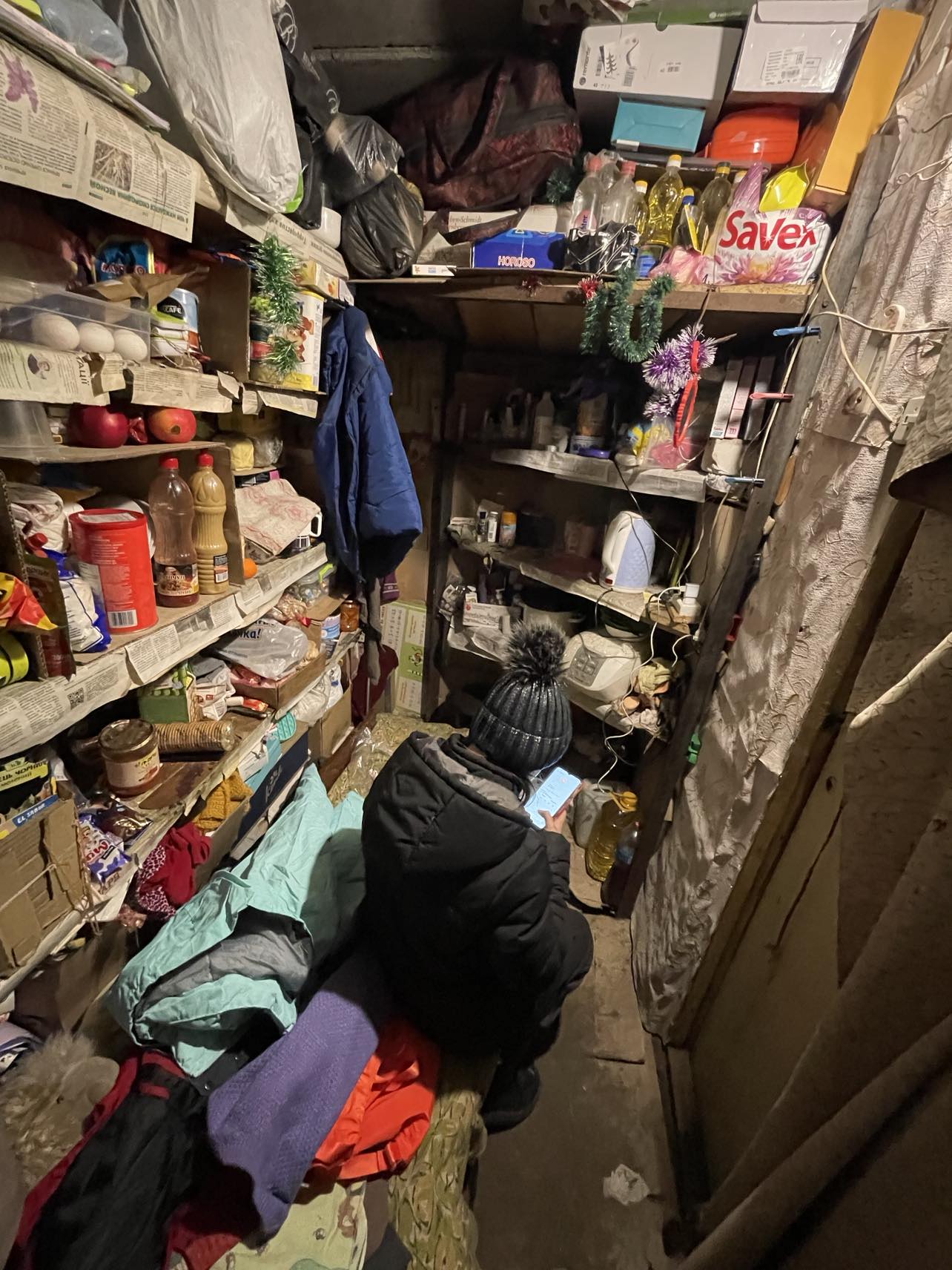

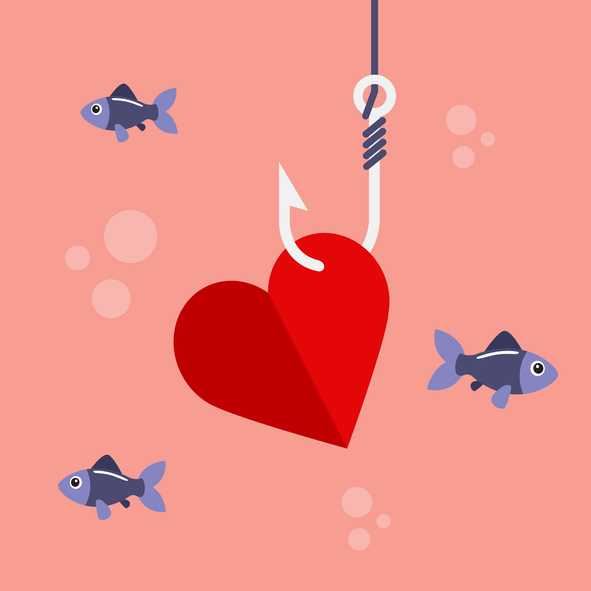
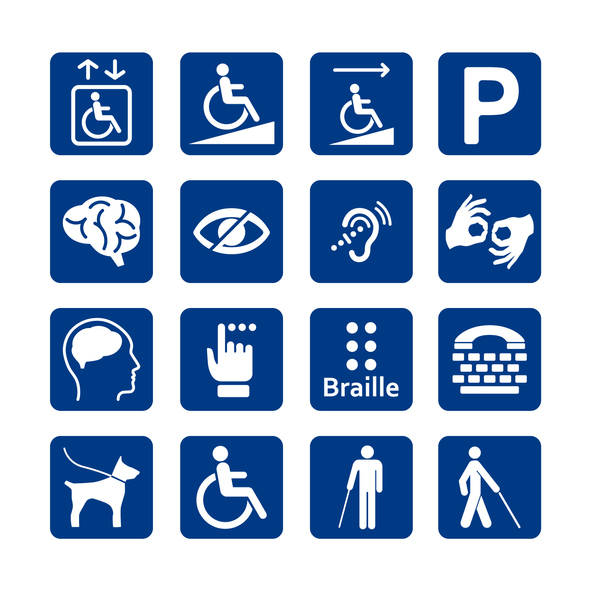
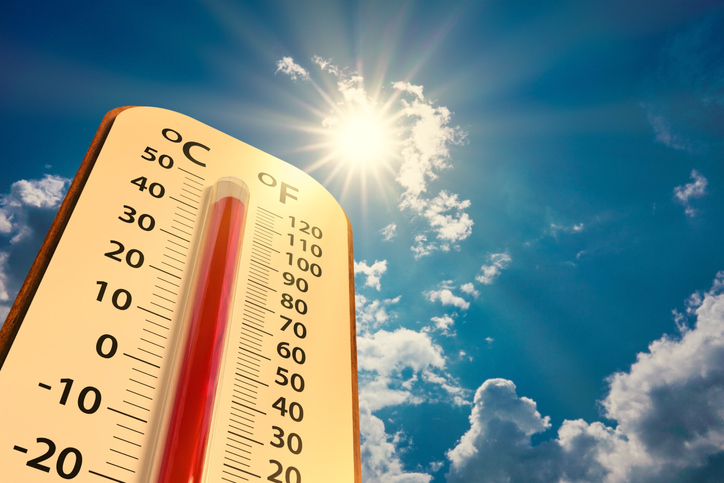


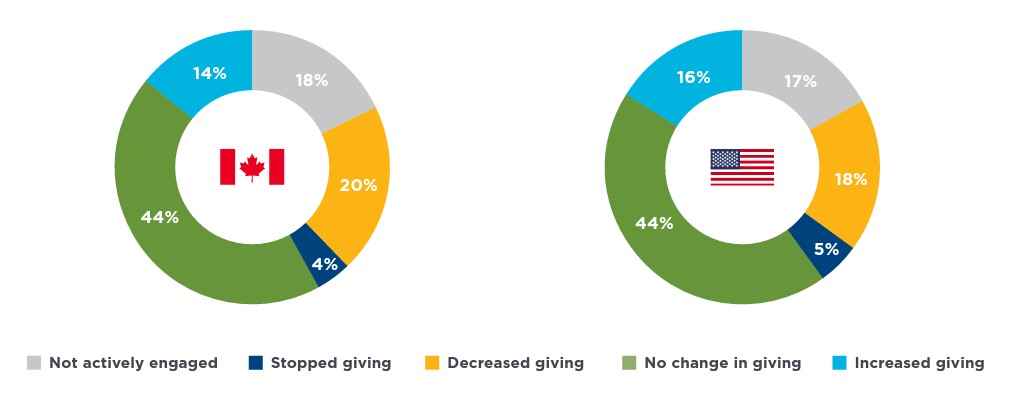 In both countries, older generations are significantly more likely to report maintaining or increasing their contributions to charity over the past five years. However, while 5% of Canadian participants who stopped donating said they could not afford to, 51% of Americans who stopped donating said the same. Among American participants, 59% of people with household income above $70k who stopped giving to charities agree with the statement “there are people out there with significantly more money who should give to charity instead of me.”
The similarities in the giving patterns between Canada and the U.S. has also been supported by previous research completed by BBB Wise Giving Alliance: see the
In both countries, older generations are significantly more likely to report maintaining or increasing their contributions to charity over the past five years. However, while 5% of Canadian participants who stopped donating said they could not afford to, 51% of Americans who stopped donating said the same. Among American participants, 59% of people with household income above $70k who stopped giving to charities agree with the statement “there are people out there with significantly more money who should give to charity instead of me.”
The similarities in the giving patterns between Canada and the U.S. has also been supported by previous research completed by BBB Wise Giving Alliance: see the 